May turned out to be a very busy month for editing and journalism, not to mention the day job, so my reading time was massively curtailed. However, I did manage to get through a few absolute crackers.
The Lowland by Jhumpa Lahiri was the last-but-one on my Kindle tbr backlog, but one of the best. I’m obviously very late to the party on this one but I’m really glad I arrived at all. This ticks so many boxes for me, from the politics, through the differing perspectives on immigrant experiences, to a plot that covers an entire lifespan without dragging or jumping too much. Lahiri is another author whose back catalogue is getting added to the shopping list.
Bitterhall by Helen McClory was really not what I expected at all, though having read McClory’s work before, I should perhaps have expected the unexpected. She takes some of the most famous tropes of Scottish literature (found texts, supernatural shenanigans, ensemble narratives) and creates an entirely new broth with them. There’s nothing I can say about her writing that hasn’t been said elsewhere, better, but she fully deserves all the plaudits she’s received so far.
I sometimes find myself more enamoured with the lit-theory that drives a book than the actual book itself, and An I-Novel by Minae Mizumura falls into that category. It’s excellent, I should say, but my twin fascination with the Japanese I-novel form and the way bilingual writers approach language meant I was never going to be able to sit back and just enjoy the story. Written in Japanese about Mizumura’s experiences living in the US, the original liberally mixes English (and French, some German, I think) into the Japanese text, playing with the idea that English is so ubiquitous that even people who aren’t fluent in English will naturally know words and phrases in a way that is rarely true with other languages. This experiment falls down somewhat when everything is translated into English, something noted by Mizumura and her translator, Juliet Winters Carpenter (the foreword is an interesting essay on the shadow cast by English over other languages and cultures). Much like James Kelman’s Translated Accounts, this is something that appeals to me much more as a writer than as a reader.
My complete order of the Nordisk output arrived and I got stuck straight into You Can’t Betray your Best Friend and Learn to Sing at the Same Time by Kim Hirothøy. I don’t know if it’s something inherent in contemporary Scandinavian literature or just the books Nordisk choose to translate and publish, but a lot of them are made up of short, episodic vignettes that strip storytelling down to the bare minimum, something I adore. Hirothøy’s book is perhaps the pinnacle of that, a string of wry, melancholy moments that somehow build into a mosaic of life.
Speed of Life by Michael Strunge was my other Nordisk book this month. This one wasn’t quite so up my street, but purely as a result of taste than quality. Strunge is one of those punk poets whose writing resides in that liminal space between lyrics and prose, between music and art, perhaps best heard aloud in a smoky room at 3am. I do have a soft-spot for that kind of writing but I’ve also been saturated in it to the extent that these days I find a little goes a long way.
Glitterati by Oliver K. Langmead was an advance digital copy of the fourth novel by a Scottish science fiction writer I greatly admire. I’m reviewing this for Shoreline of Infinity so I won’t say too much here, but while it’s a brilliantly written satire on the current obsession with billionaire celebrities and celebrity billionaires, it left me a little cold at the end, certainly in comparison with his previous books. Very good, just not quite his best in my opinion.
Caesura is my friend Larissa Reid’s latest poetry chapbook, a slight thing that packs a punch. My personal favourite is Sleight of Hand. Copies are available directly from Larissa here.
Finally, I read an advance copy of Early Light by Osamu Dazai. This is part of New Directions’s Storybook series and consists of three Dazai short stories (two translated by Ralph McCarthy and one by Donald Keene). I’m reviewing this for the Japan Times so I won’t say much more beyond this: I love Dazai and I love what ND are doing with their recent Japanese translations. I have a couple more from them that I’ll hopefully get to next month.




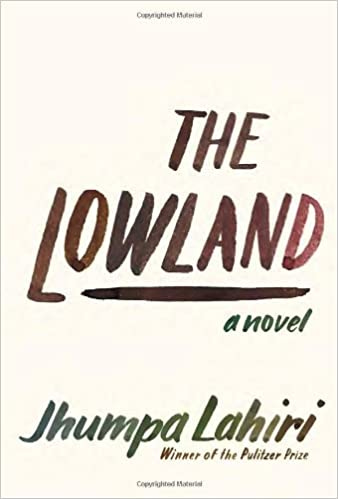
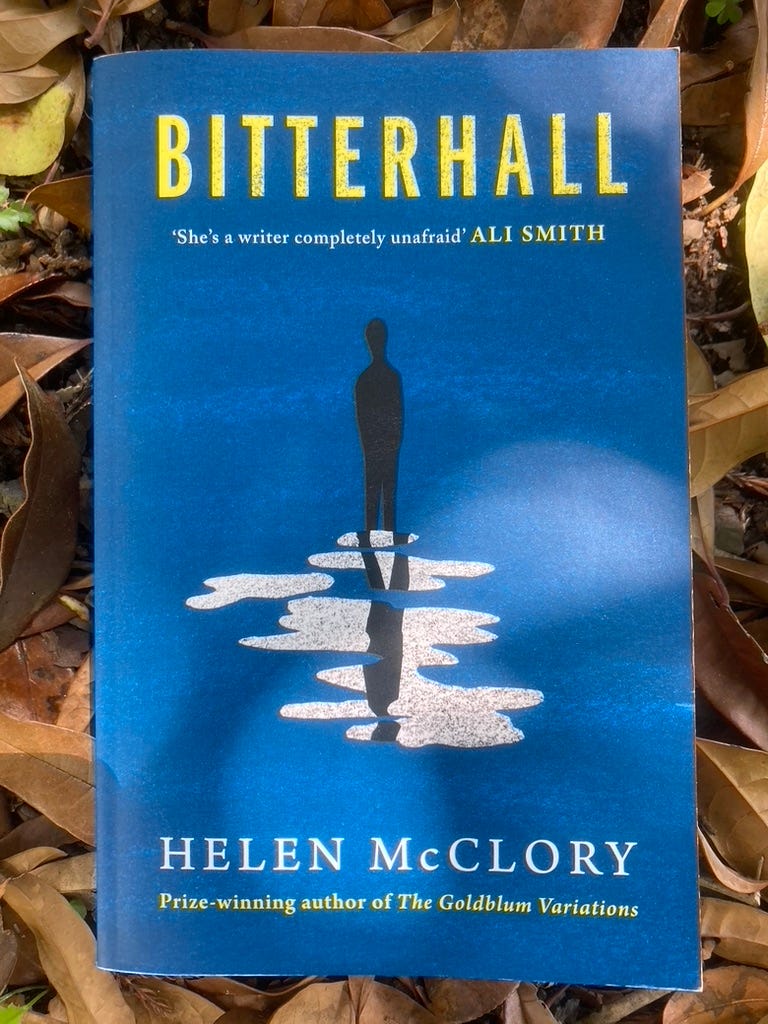
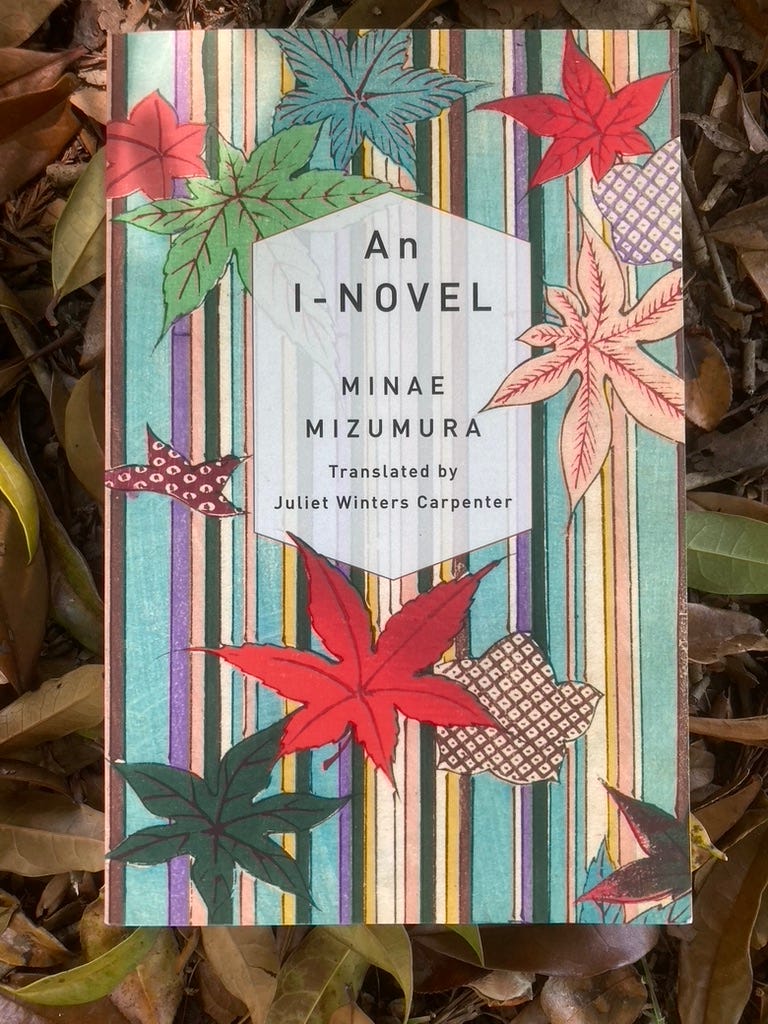
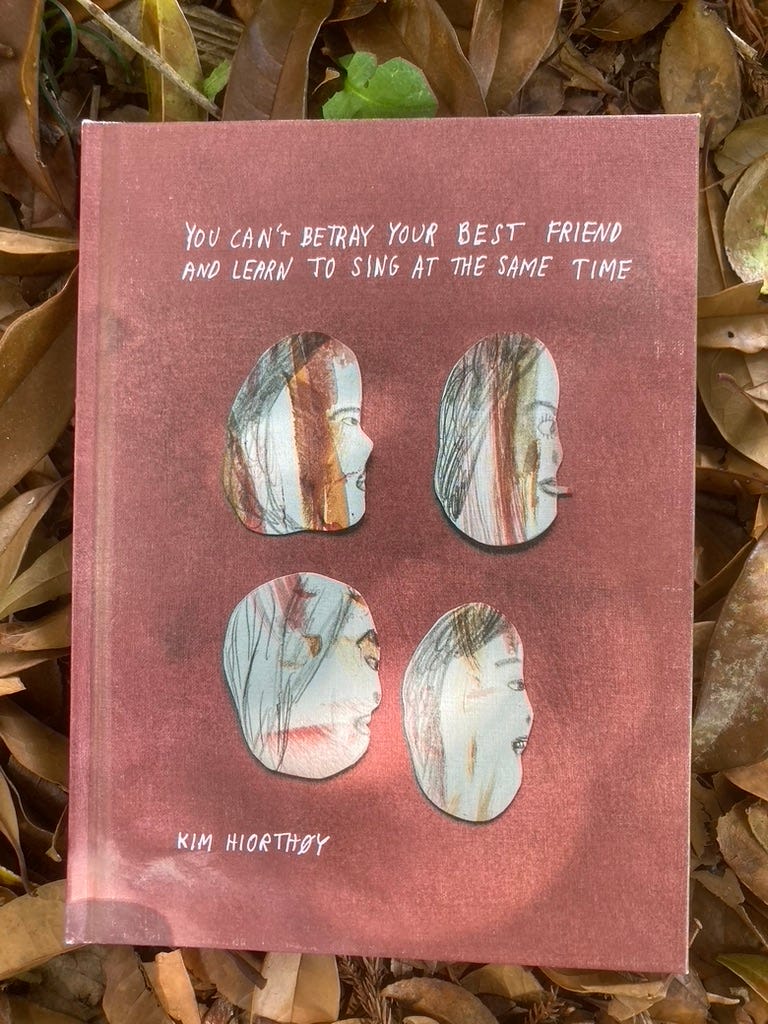
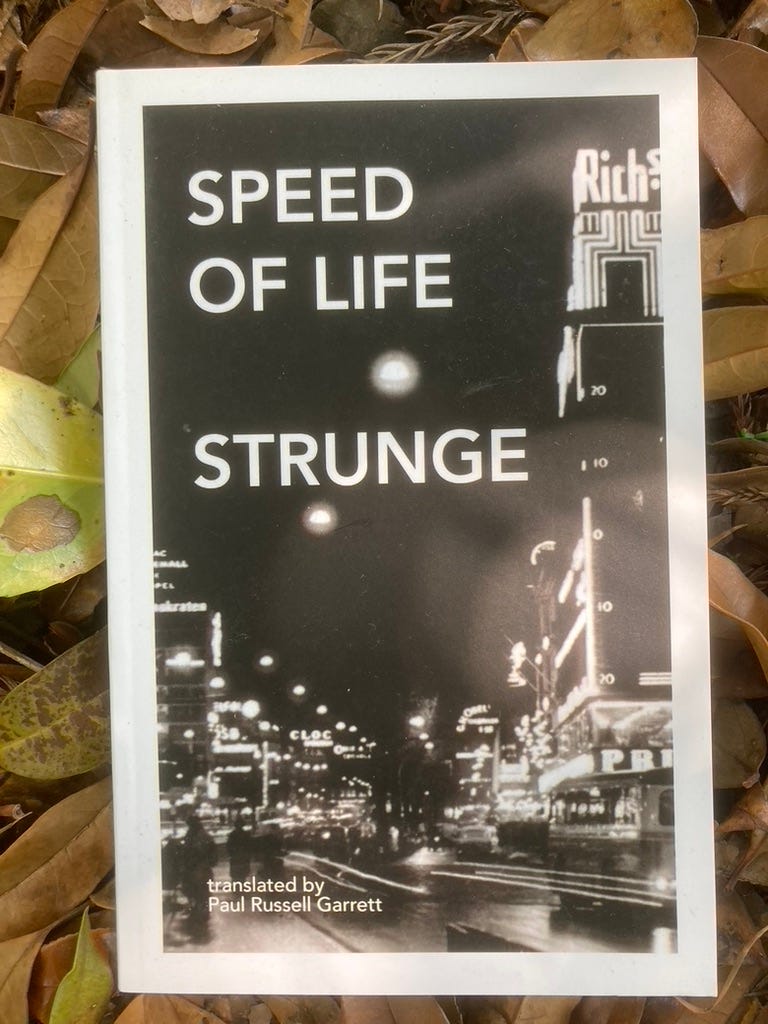

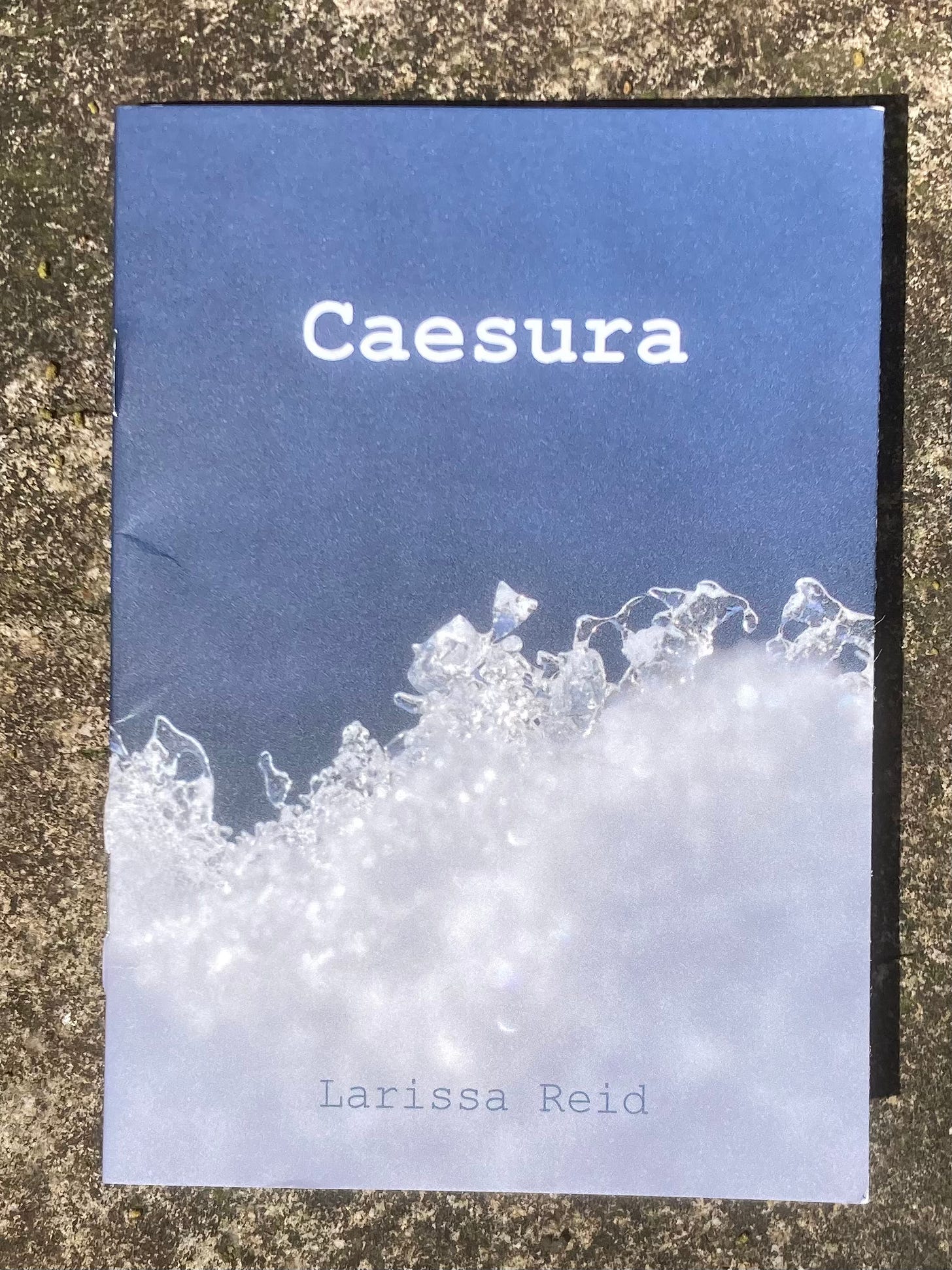

I had never heard of ames Kelman’s Translated Accounts--looks fantastic! Also wanted to share my review of the I-Novel.. https://chireviewofbooks.com/2021/03/04/searching-for-the-language-of-home-in-an-i-novel/